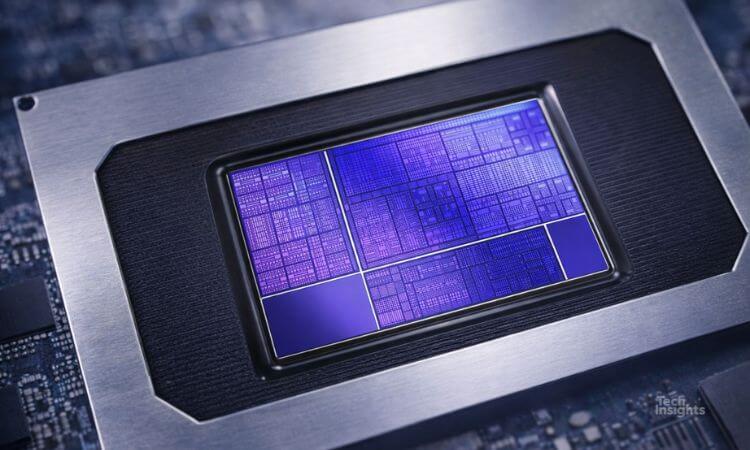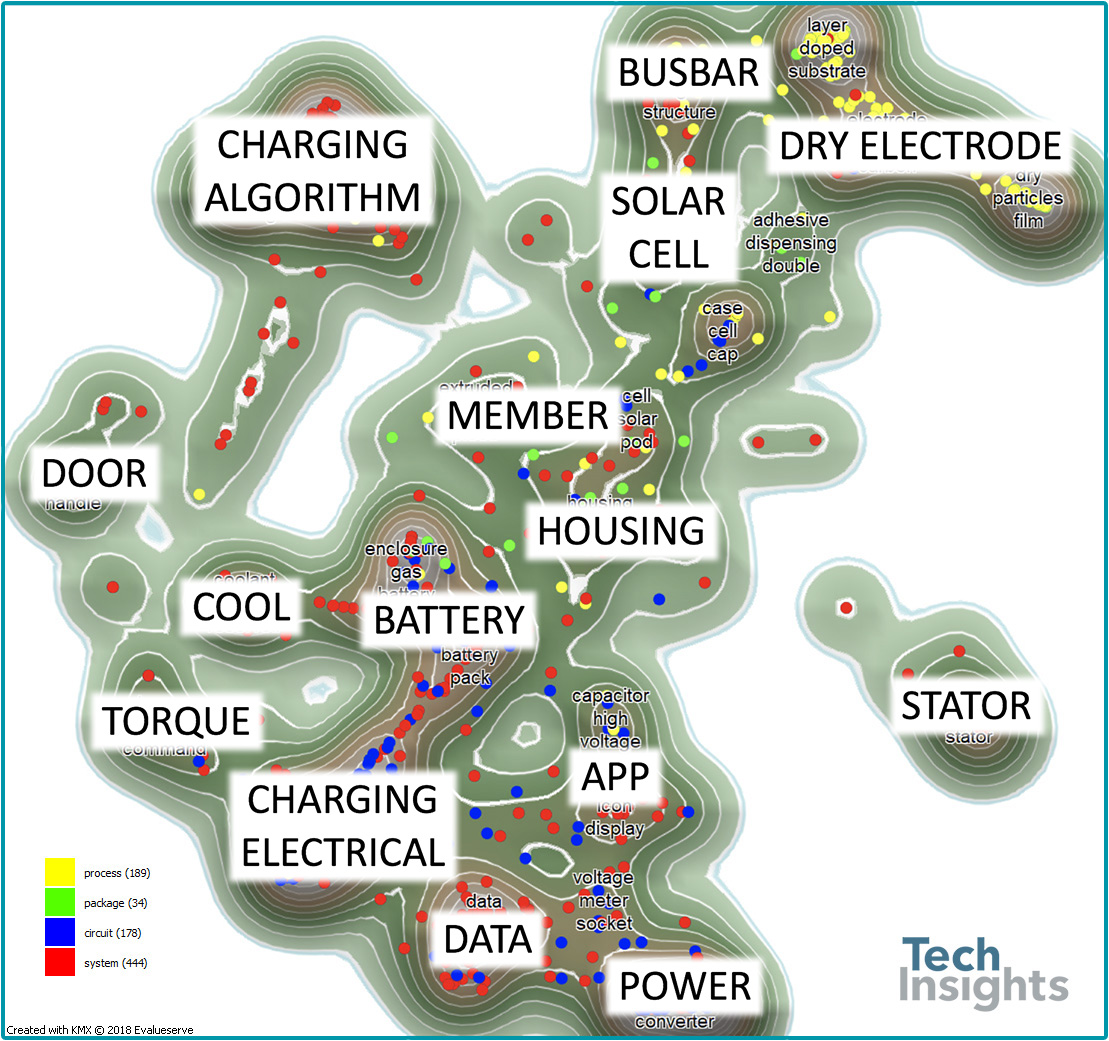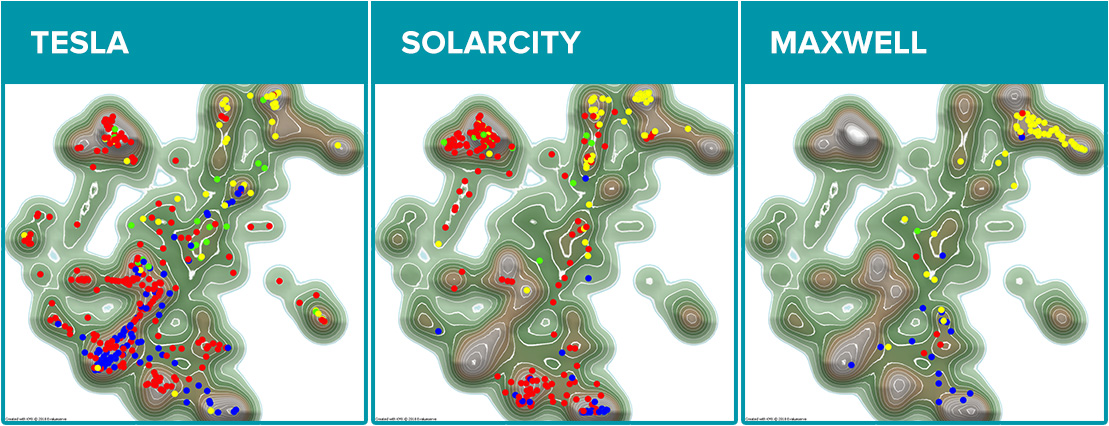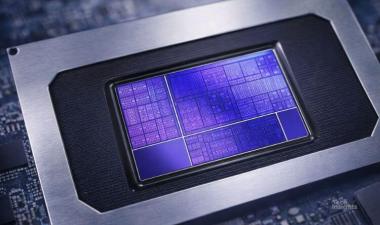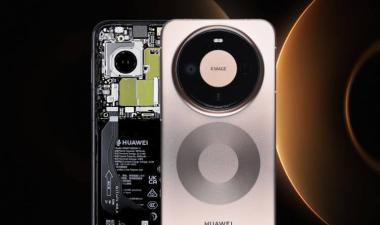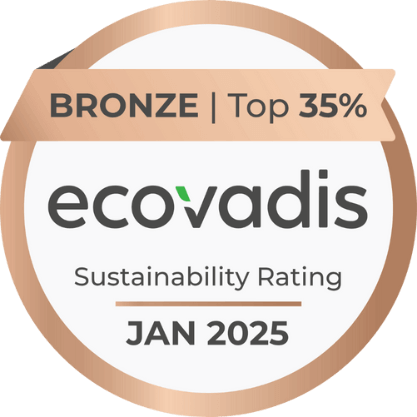Posted: February 7, 2019
Contributing Authors: Marty Bijman and Jim Hines
Tesla Motors announced that it has agreed to acquire Maxwell Technologies - a company that is best known for manufacturing ultracapacitors for energy, industrial and automotive applications – for $218 million.
Ultracapacitors are capable of releasing electrical energy at high power levels, and they can accept a high rate of charge, while batteries can store relatively large amounts of energy over a long time period but are limited in their ability to deliver high power to a load. Ultracapacitors can complement batteries in high-power applications, and they could be a useful power delivery technology for augmenting batteries in electric vehicles and fuel-cell vehicles, and for other systems that require a surge of high power over a short period, such as electric superchargers.
The electric powertrain design of Tesla’s current production models, however, does not rely on ultracapacitors, so how will they benefit from this acquisition? An examination of how the Maxwell acquisition augments Tesla’s patent portfolio is instructive.
Figure 1 shows a landscape of Tesla’s patent portfolio, including patents they acquired with SolarCity and those that will come with Maxwell. A landscape groups patents together in a topographical view, showing technology peaks where there are higher concentrations of patents in key technology areas.
Figure 2 shows the Tesla patent landscape contributions from the three organizations separately, providing an indication of which of Tesla’s technology areas were augmented by the two acquisitions.
What can be seen from the landscapes is that Maxwell has contributed a distinct technology cluster related to dry electrode formation, which is an element of ultracapacitor fabrication, in addition to some mechanical, power, and application patents. There does not appear to be any specific battery technology contributions.
Maxwell originally developed the dry electrode fabrication process to improve production efficiency and lower manufacturing costs for its ultracapacitor products. The innovation later proved to enhance the performance of battery cells, while also having a cost advantage over existing manufacturing processes. Maxwell’s dry electrode technology, applied to battery cell fabrication, has the potential to increase the range and reduce the cost of Tesla’s cars, two critical success factors for any EV manufacturer.
Learn more about TechInsights Patent Landscape Services.
Patent landscaping provides a visual representation of a portfolio or combination of portfolios. Quickly identify areas of strength and weakness, over-patenting and whitespace, assess potential strategic partnerships, and more.

